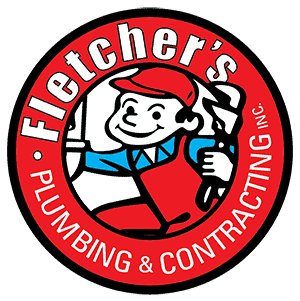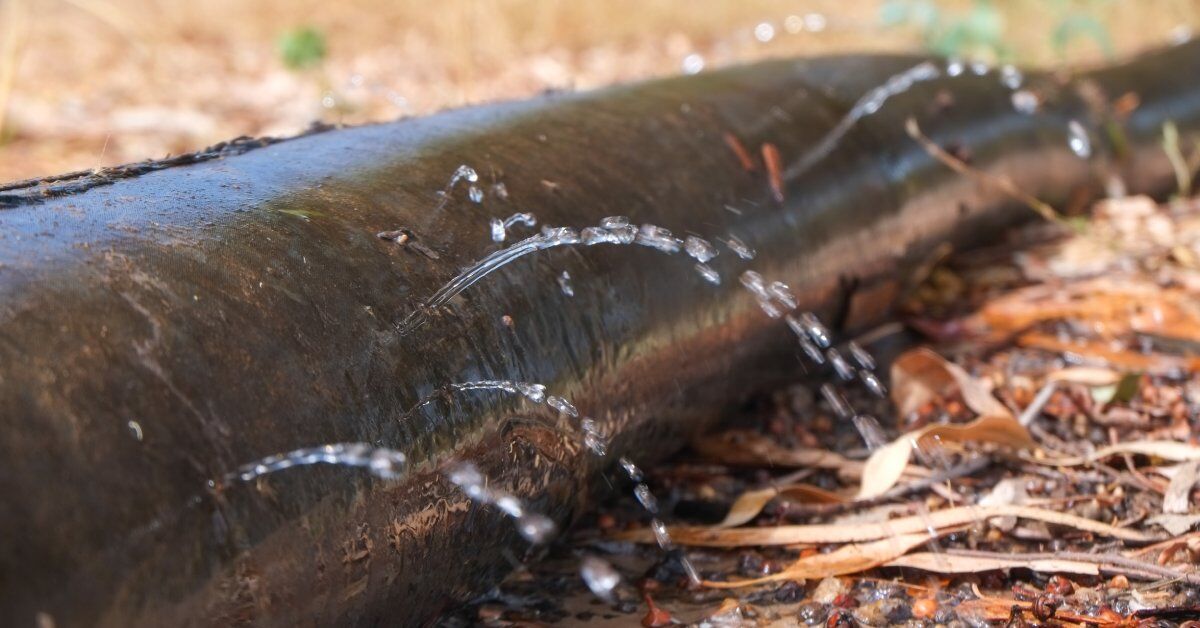5 Common Reasons That Drain Fields Get Damaged
Your drain field is one of the most essential components of your septic system. It works by dispersing wastewater into the soil and filtering it naturally. When a drain field sustains damage, it can cause a series of expensive and messy problems that no homeowner wants to face.
Explore five common reasons that drain fields get damaged, and learn how small changes in maintenance can save you from costly repairs.
1. Heavy Equipment and Excessive Weight
Driving over a drain field with heavy machinery or cars is a recipe for disaster. The soil in the drain field supports water filtration, and external pressure can compact it and disrupt the flow of wastewater. Even parking on your drain field can lead to cracks in the pipes below.
How to prevent it: Keep vehicles, construction equipment, and heavy yard décor off the drain field. If you’re unsure of its location, consult the industrial plumbers at Fletcher’s Plumbing & Contracting to map it out for you.
2. Tree Roots Invading Pipes
Tree roots are persistent and strong. They naturally seek out water sources, making your drain field pipes an attractive target. Once roots infiltrate the pipes, they can cause blockages, cracks, or even complete pipe bursts.
How to prevent it: Avoid planting trees or shrubs close to the drain field. If roots are already creating problems with your septic system, specialized services can remove them without damaging the system.
3. Excessive Water Usage
Your drain field cannot handle large surges of wastewater all at once. Overloading the system—whether from long showers, frequent laundry loads, or leaky plumbing—can flood the field, preventing it from treating wastewater.
How to prevent it: Spread out laundry days, seal leaks as soon as possible, and practice water-saving habits, such as turning off the tap while brushing your teeth.
4. Flushing Hazardous Materials
Your toilet is not a garbage can. Flushing wipes, diapers, or grease can quickly clog the septic tank and the delicate network of pipes in the drain field. Once clogged, the drain field’s functionality takes a hit, leading to backups.
How to prevent it: Only flush septic-safe toilet paper and human waste down the toilet. Dispose of oils, chemicals, and non-biodegradable items in the trash.
5. Poor Installation or Old Age
If your drain field wasn’t installed correctly or has reached the end of its life (most last 20–30 years), it may fail despite your best efforts. Poor initial design or aging pipes can lead to uneven water distribution and soil saturation.
How to prevent it: Work with a reputable professional for installation. For older systems, regular inspections can help you identify and address potential problems before they worsen.
Protect Your Home With Drain Field Care
Your drain field is a critical part of your home’s wastewater system. By understanding these five common reasons that drain fields get damaged and how to prevent them, you can save yourself from expensive repairs and maintain a healthier home environment.
Need expert advice or repairs? Reach out to Fletcher’s Plumbing & Contracting to keep your system running optimally.

